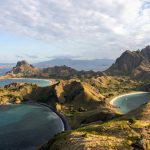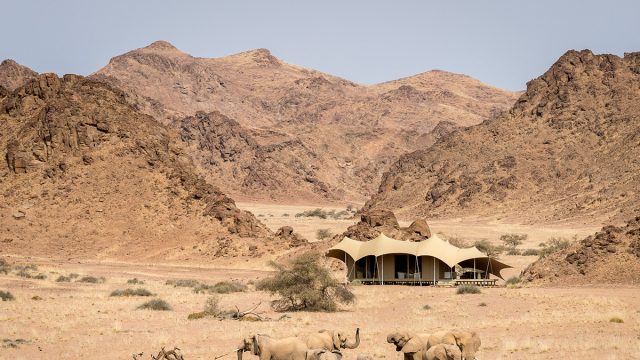
Sustainable Luxury Travel in Africa
By Sara Verk, Lion World Travel
Traveling is more than just visiting new places. It’s about the enriching experiences when we explore and learn about the history, culture and people of the places that we visit. We need to be aware of our environment, be ecologically responsible, travel lightly and not leave a large footprint on the land we’re exploring. We feel it is vital to protect the people, places and wildlife of Africa in order to be able to share it with travelers in the future. We are so happy that we’re not alone in this vision, as there are many safari lodges and hotels in Africa who are adopting eco-friendly and ethical business practices.
At Lion World Travel we are committed to supporting our partners in Africa who are serious about the environment. Here are five African lodges/hotels that have embraced the spirit of sustainable travel.
1. Grootbos Private Nature Reserve, South Africa
Grootbos offers five-star luxury in the Western Cape and is a leading example of sustainable eco-tourism. The nature reserve is home to 791 plant species, including 100 endangered plant species, and 1000-year-old milkwood forests. The owners run an extensive conservation and horticulture programs to preserve the flora and have a true passion for the environment. They have even formed a Non-Profit Organization to help other hospitality businesses implement their own ‘green’ initiatives.
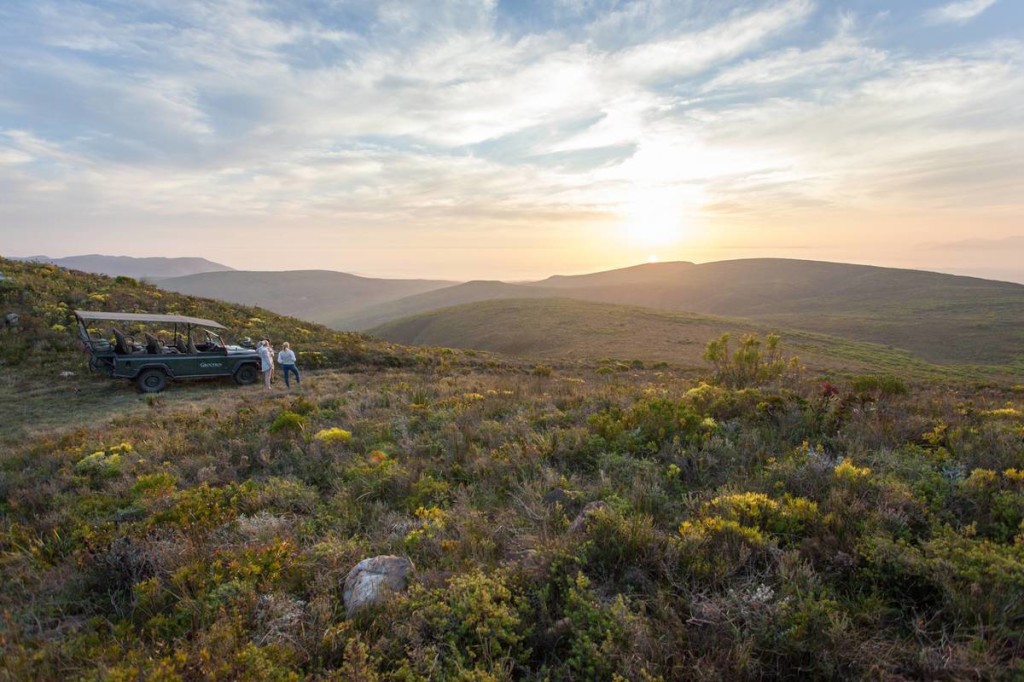
2. Mombo Camp, Botswana
Wilderness Safaris camp in the Moremi Game Reserve underwent a major renovation to bring the traditional camp up to modern design and environmental standards without disturbing the natural habitat. They even brought in an arborist to oversee the protection of trees and their roots. Mombo is 100% solar powered thereby reducing energy consumption and fuel, while a reverse osmosis water filtration system provides guests with high-quality drinking water. Grey water is treated in an above ground sewage plant, ensuring that the water is clean before being allowed to enter the natural environment. They only use approved eco-friendly detergents and chemicals.
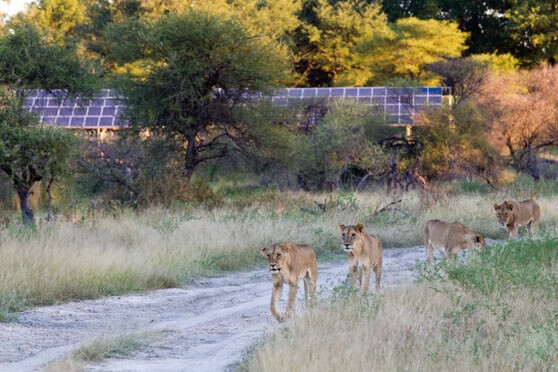
3. Bushmans Kloof, South Africa
At Bushmans Kloof indigenous herbs and vegetables are picked daily from their organic garden and incorporated into dishes on the menu. All vegetable waste is composted, minimizing landfill contribution and reducing the need for chemicals to fertilize and enrich the soil in their garden.
There is a rich array of local indigenous wildlife here, including the rare Cape Leopard. Along with The TreadRight Foundation, Cheetah Outreach and The Cape Leopard Trust, they have purchased seven Anatolian Shepherd dogs to act as livestock guardian dogs to safeguard against these Cape Leopards.
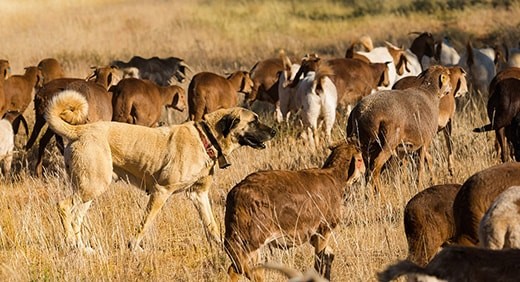
Bushmans Kloof is a member of National Geographic Unique Lodges of the World, recognizing their dedication to preserving our planet’s natural and cultural heritage. They serve as a steward for more than 130 cave sites painted by the indigenous San people. Preservation efforts have helped the Rock Art earn distinction as a South African National Heritage Site.
4. Chobe Game Lodge, Botswana
At Chobe Game Lodge, they are leading the way in responsible tourism with a variety of sustainable tourism initiatives including a fleet of electric safari vehicles and electric solar-powered safari boats – a clean and quiet way to enjoy a boat safari.
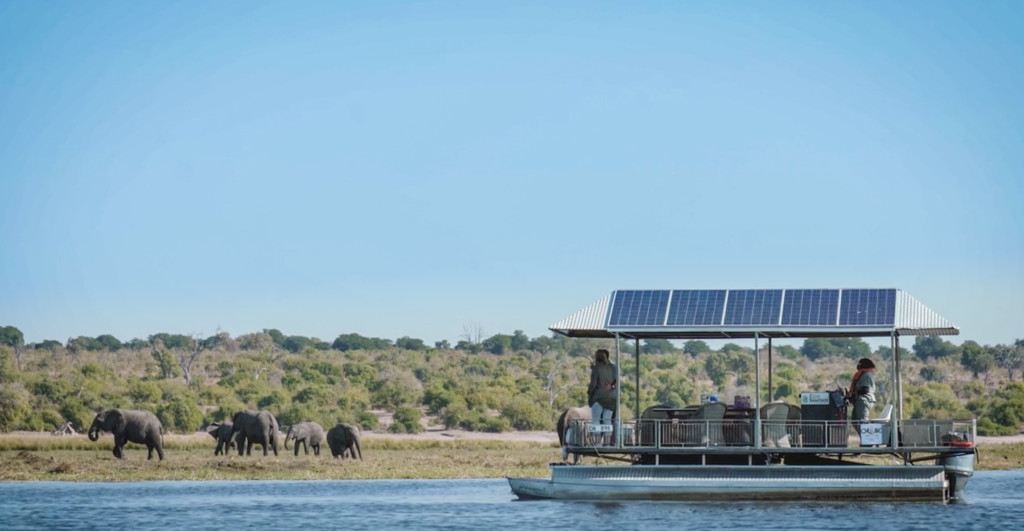
Chobe Game Lodge has embarked on a multitude of environmental and social projects to ensure the long-term sustainability of the lodge. They recycle 15,850 gallons of grey water every day which irrigates the lush green surroundings. Approximately 95% of Chobe Game Lodge’s waste is sorted and recycled! The 800 foot+ boardwalk and deck are built from recycled timber-plastic decking and the poles sourced from a sustainable forestry operation. The decking is maintenance free, removing the need for harsh cleaning chemicals.
5. Hoanib Skeleton Coast Camp, Namibia
Hoanib Skeleton Coast Camp prides itself on being eco-friendly and conservation conscious. The camp is 100% solar-powered, using innovative eco-friendly systems to break down wastewater. Hoanib Skeleton Coast Camp supports the Namibia Desert Lion Conservation and assists with protecting a unique population of desert-adapted elephants. The Camp is also a center for research and conservation of the desert-adapted lion and brown hyena, plus they have partnered with the neighboring communities, so that ecotourism can benefit the people of the area.
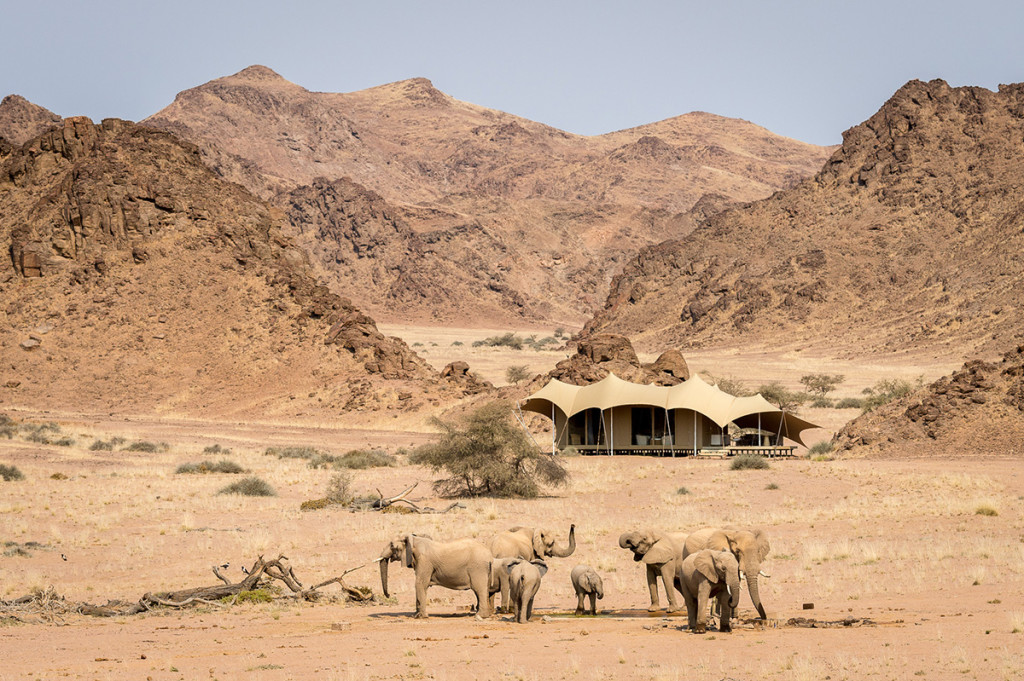
With so many great initiatives in Africa, why not choose a more sustainable safari option? Choose a travel company that is committed to reducing any negative impact a trip might have on the destinations you visit and consider an eco-friendly property.
Some final tips – pack a reusable water bottle and carry bag. Avoid using single-use shampoo bottles and avoid using plastic straws. Have a great (sustainable) safari!
Create your own custom safari, or sustainable Africa vacation package with Lion World Travel. For more than 55 years, Lion World Travel has been making safari dreams come true. We Love Africa and wish to share our passion with you! Our travelers have come to expect exceptional wildlife encounters, five-star service, and the best affordable luxury safari experiences. Visit www.lionworldtravel.com to start planning your journey to Africa.
Posted in:




